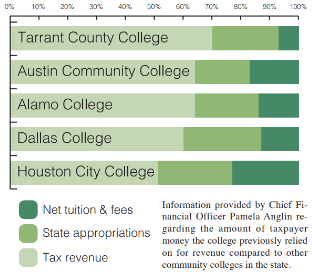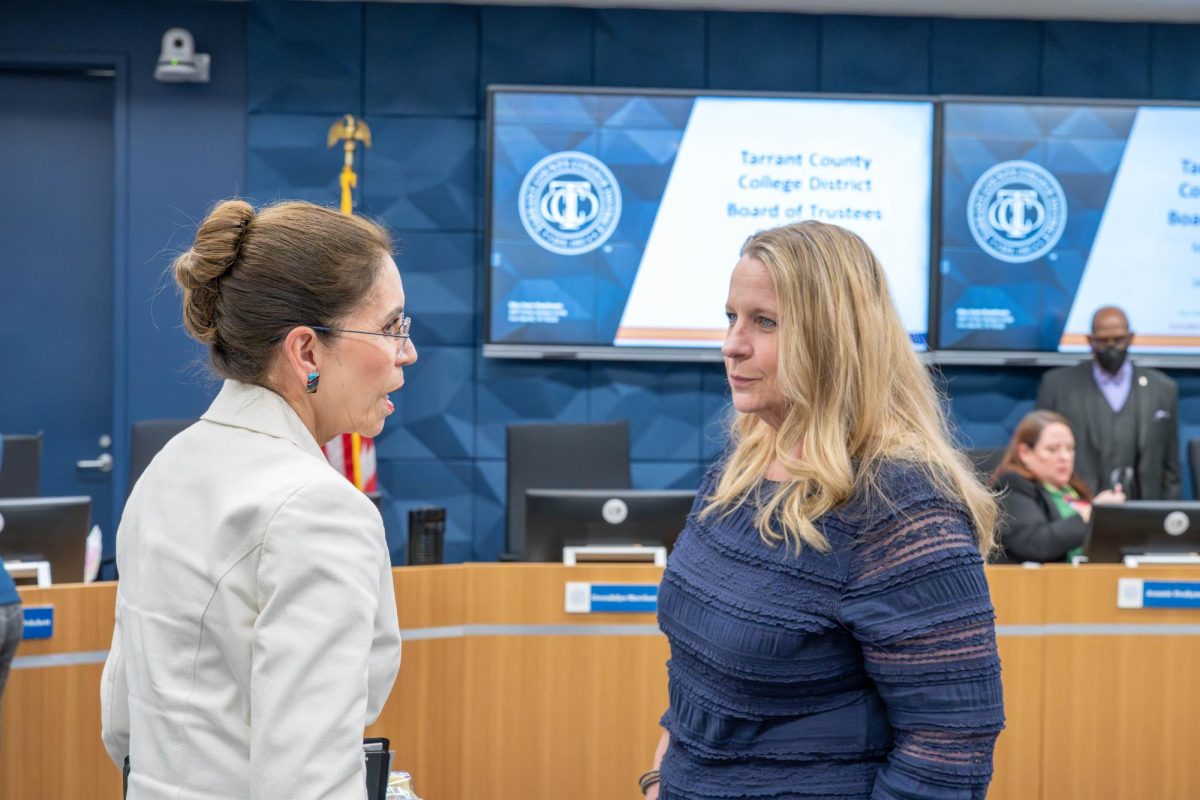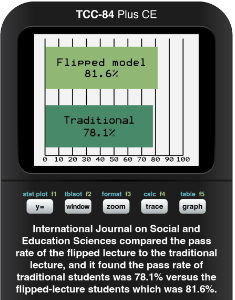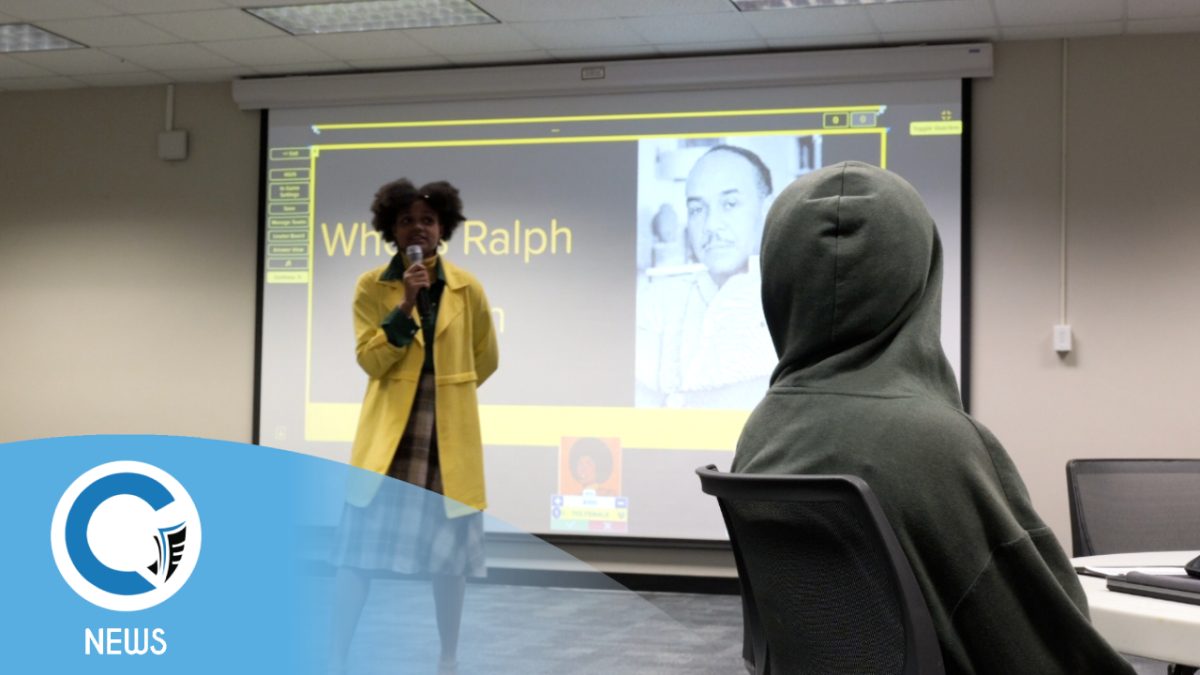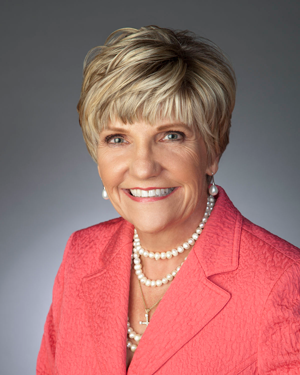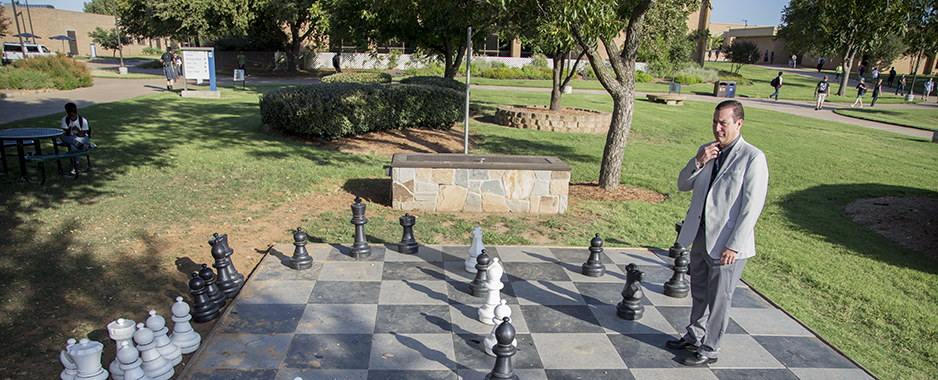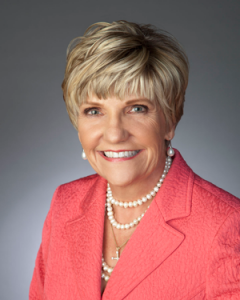
By Ashley Wood/south news editor
The rising rate of obesity and diabetic-related deaths in the U.S. has TCC committed to health and wellness.
South Campus president Peter Jordan spoke with Fort Worth Mayor Betsy Price about how the college is connected to nutrition and overall well-being.
“The New England Journal of Medicine in 2005 predicts this current generation, including our students here, will have a shorter life expectancy,” he said. “This includes students’ parents, which is due in large part to obesity, diabetes and public health issues facing our communities.”
As a result, English professor Ruth McAdams created an undergraduate research project of building a garden for nutrition, Jordan said.
“When people think about community college, they don’t think of research, but that’s exactly what’s happening here,” he said. “This speaks truly to academic excellence, which is one hallmark of TCC education.”
McAdams has launched a Composition II class with a focus on research and writing in food and nutrition, Jordan said.
“Her students have even planted a garden here on South Campus,” Jordan said.
Price spoke about being active and eating in moderation.
“You need to be able to get through your day and through your life,” she said.
In Texas, the rate of obesity is greater than nearly anywhere else, Price said.
“We are expected by the year 2030 for nearly 32 percent of population to be considered obese,” she said.
Obesity is not just considered being overweight, Price said. It is also not having the energy and health capacity to get through the day.
“The fact that you go to Whataburger and order a burger instead of grilled chicken is habit,” she said.
It takes time to change that habit, and it takes raising awareness, Price said.
“It doesn’t matter if it’s a five-minute change, or whether you change to two more servings of vegetables a week,” she said. “You will gradually change overall.”
McAdams said people ask her how she can cover food in an English class.
“I tell them my students’ first assignment is to choose three different ways to track every bite they put in their mouths for three days,” she said. “The result from that, they will write a compare-contrast essay with research.”
The culmination of it all will be at the end of the semester when they write a food philosophy, McAdams said.
It will be all the research compiled during the entire semester.
“What I am most excited about is the garden,” she said. “I don’t know that we will have any food yet, but if we have more than 42 students who can use and figure out what to do with and how to make it taste good, we will find people in this community that don’t have access to fresh, nutritious, healthy vegetables, and we will make sure they get it.”
People should ask questions, McAdams said.
Asking leads to research, which leads to critical thinking, which leads to good citizens.


